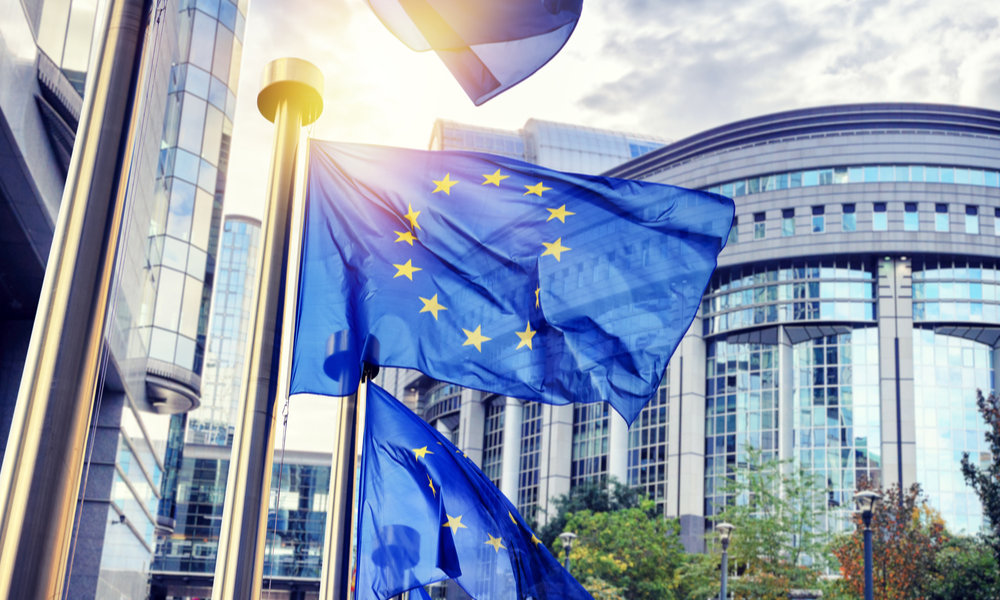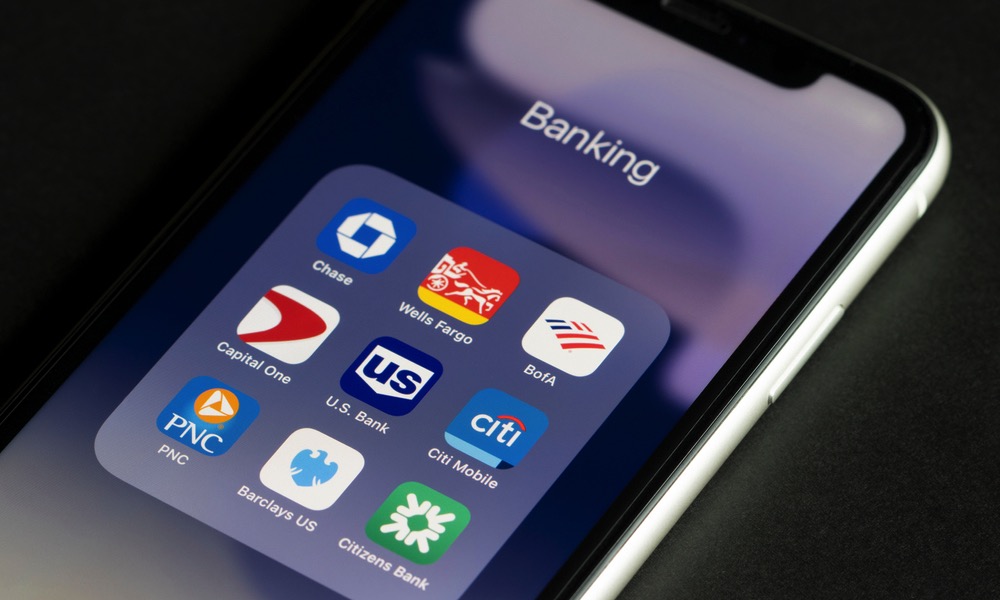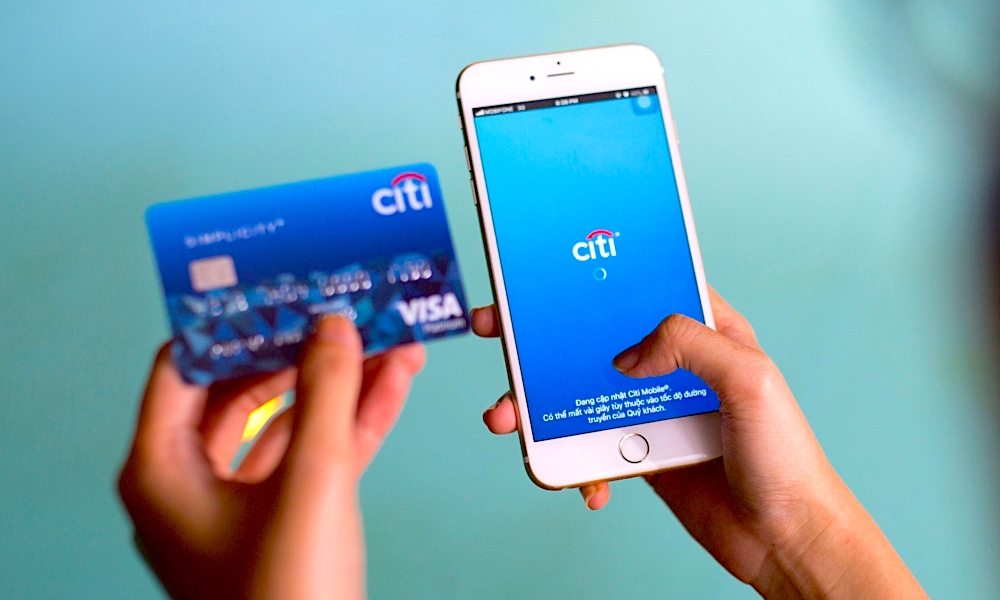Apple’s NFC Surrender May Spark Wallet Wars in the EU
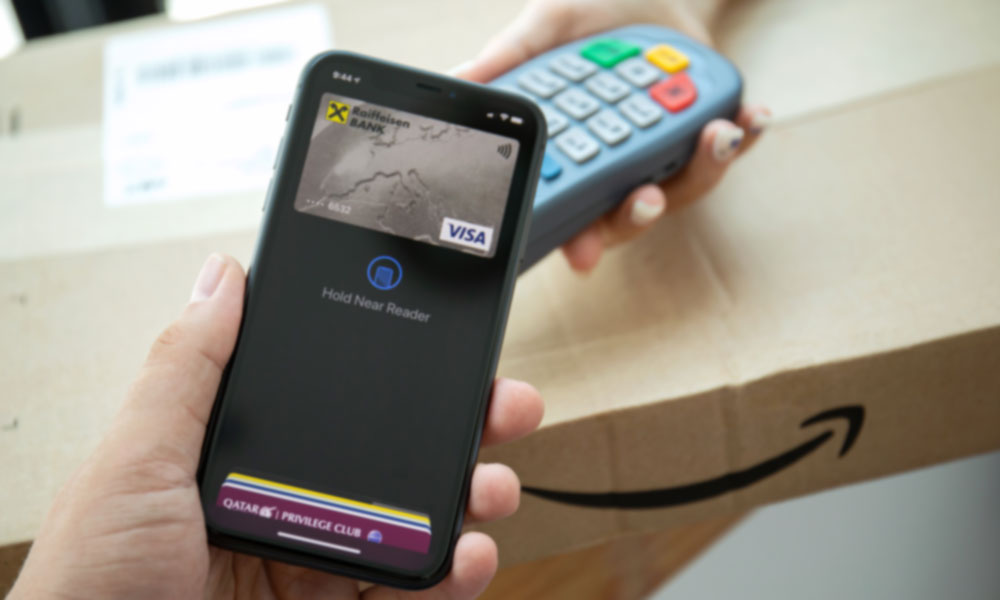 Credit: DenPhotos / Shutterstock
Credit: DenPhotos / Shutterstock
Toggle Dark Mode
Apple has managed to satisfy European Union (EU) regulators in at least one aspect of its ongoing controversies under the EU’s Digital Markets Act (DMA). The European Commission announced today that it’s officially ended its investigation regarding Apple Pay after the iPhone maker committed to opening up its platform to rival digital wallets.
The issue was centered on Apple’s tight control of the iPhone’s Near Field Communications (NFC) hardware. NFC came to the iPhone 6 in 2014 with the introduction of Apple Pay. While Apple later opened up limited NFC capabilities to third-party apps, the ability to handle mobile payments has always been exclusive to Apple’s own Wallet app and cards added through Apple Pay.
The European Commission took umbrage with that two years ago, declaring it anti-competitive because it forced banks and other payment providers to pay fees to Apple if they wanted to allow their customers to use contactless payments on the iPhone.
In 2022, we raised concerns over Apple’s conduct. We did that in relation to its own mobile wallet solution. Our preliminary finding was that Apple abused its dominant position by restricting access to the technology needed to make payments by iPhones.Margarethe Vestager, Executive Vice-President of the European Commission
While the EU is usually at the front of the line when it comes to antitrust allegations — especially when it comes to Apple — in an interesting twist, it wasn’t the first to try to make this point. In 2016, several banks in Australia requested that the country’s regulators force Apple to open up its NFC hardware to their banking apps rather than forcing them to operate through Apple Pay. However, the Australian Competition and Consumer Commission (ACCC) decided at the time that Apple did not have anything close to a monopoly on mobile payment devices and that forcing the company’s hand would put it at a competitive disadvantage against rivals like Google and Samsung.
Of course, that was 2017, and this is now, and Australia is not the EU. While the requirement for App Store changes was the biggest news from the Digital Markets Act, which came into force earlier this year, it also required Apple to take steps to open up its NFC payment hardware to allow any bank app or other wallet app to provide the same capabilities as Apple Pay and Apple Wallet.
Key to this thinking is that Apple has effectively been locking down an essential and otherwise open technology that should be freely available to all.
NFC technology was not developed by Apple. It is a standardised technology. It is made available for free. Compared to other technologies, like payments using QR codes, it allows for the safest and most seamless mobile payment experience. It is the most widespread solution in the EU. To develop viable mobile payment apps, access to NFC technology is therefore essential.Margarethe Vestager
The EC states that Apple’s dominance in the European market for smart mobile devices, NFC functionalities, and mobile wallets for iPhones makes this behavior anti-competitive since “Without access to the iPhone’s NFC functionalities, competitors cannot reach Apple users.” According to EC Executive Vice-President Margarethe Vestager, this has not only “unfairly shielded its own mobile wallet from competition” but also harmed innovation as other companies can’t come up with unique new ideas for how to create digital wallets.
Apple’s Response
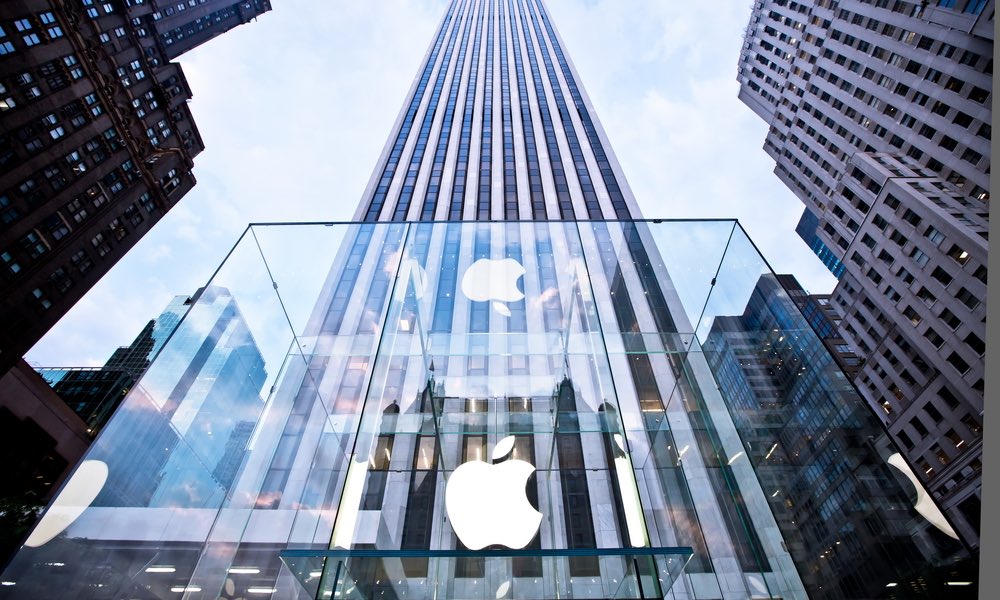
As with other aspects of the DMA, Apple has no choice but to comply or face fines that could reach nearly $40 billion, as the EC can levy penalties of up to 10% of a company’s worldwide revenue.
Several months ago, Apple began working with European regulators and other partners to come up with a solution that would be acceptable to everyone in the European Union. With today’s announcement, Vestager notes that the proposed solution is acceptable and “binding on Apple.”
The issue raised a lot of interest. Many banks, app developers, card issuers, and financial associations gave us their feedback. We looked very carefully at those comments and asked Apple to improve their commitments. Then Apple offered improved remedies. And here we are today, making these remedies binding on Apple.Margarethe Vestager
According to the EC’s announcement, Apple has committed to doing three things:
- Providing access to NFC functionality for any third-party mobile wallets free of charge.
- Enabling access to “important functionalities available on iPhones,” such as double-clicking the side button to bring up an alternative wallet or payment app and using Face ID or Touch ID to verify identities and authenticate payments.
- Allowing users to set a default wallet app of their choice on their iPhones.
Interestingly, Apple will not be required to open its hardware secure element to third-party wallet apps. Instead, it’s proposed a software solution called “Host Card Emulation mode” that European regulators consider acceptable as it “offers an equivalent solution in terms of security and user experience,” and is easier for developers to implement. It’s also equivalent to how Android wallets work, so there’s no competitive disadvantage.
What This Means
Apple is required to implement all of these commitments by July 25, which means that iPhone users in the 27 EU countries will soon be able to switch away from Apple Pay to another digital wallet, whether that’s from a third-party developer or something provided by their financial institution. How many of those apps will be available on July 25 is another matter, but at least the doors will be open.
In the best possible scenario, this will give folks in the EU more choice as to which wallet apps they can use. However, there’s also a negative side, as it may lead to some financial institutions abandoning Apple Pay and forcing customers to use their own app or another third-party wallet they choose to endorse instead. Banks may have an incentive to do this to avoid the small cut that Apple takes from every transaction made through Apple Pay, although it will have to weigh that benefit against how their customers will respond to such changes.
Apple Pay has likely become popular enough that many iPhone users will resist seeing their cards removed from Apple’s Wallet. In this case, a nearly ten-year head start could make a huge difference compared to how things played out in the Android world. Naturally, Google has never limited access to the NFC hardware on Android smartphones, which means banks have long been free to roll out their own payment apps. That resulted in more fragmentation as some banks stubbornly held out on Google Wallet for years, forcing customers to use their own apps instead (or switch banks).
However, this also won’t be limited to credit and debit cards. Apple will allow developers to combine NFC payments with other things like transit cards, access control systems, concert tickets, and digital IDs. This means that digital locks can use NFC without adopting the Home Key or Office Key technologies, and third-party digital ID apps will also have access to present credentials over NFC rather than just Bluetooth or a QR code.
Unlike alternative app marketplaces, Apple must also ensure that EU users can still use these capabilities when travelling outside the EU.
From now on, Apple can no longer use its control over the iPhone ecosystem to keep other mobile wallets out of the market. Competing wallet developers, as well as consumers, will benefit from these changes, opening up innovation and choice, while keeping payments secure.Margarethe Vestager
Apple’s commitment remains binding for ten years and will be monitored by a trustee to ensure it follows the rules. There is also a dispute resolution process by which financial institutions and developers can force an independent review of Apple’s implementation.


